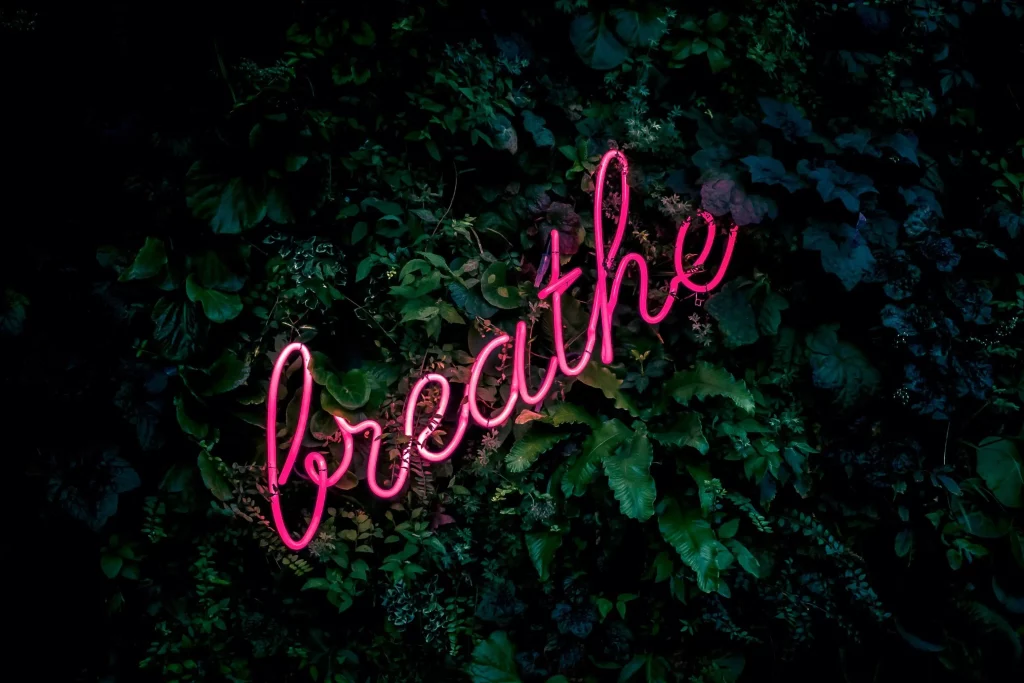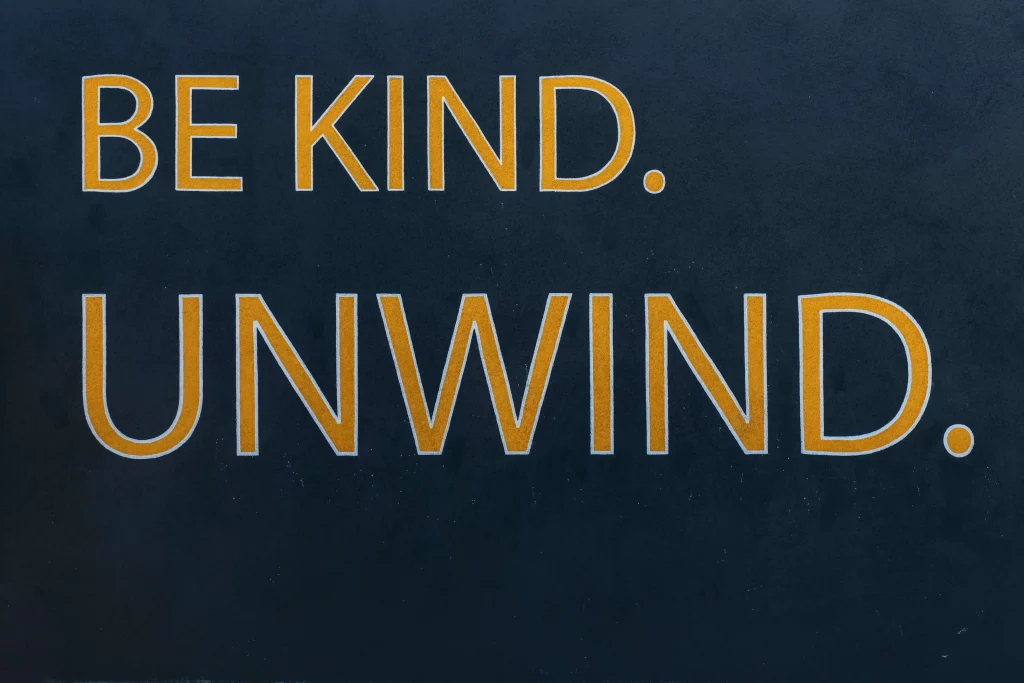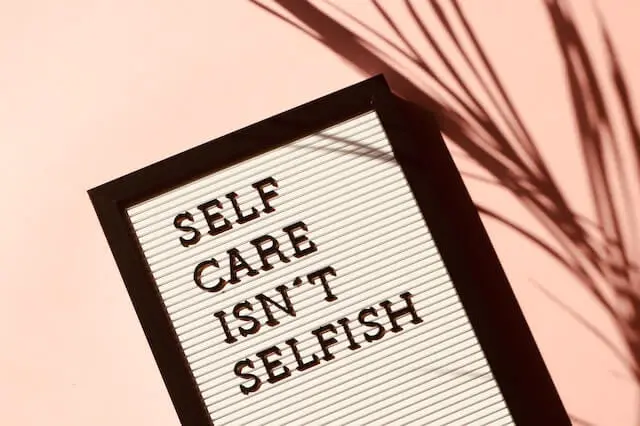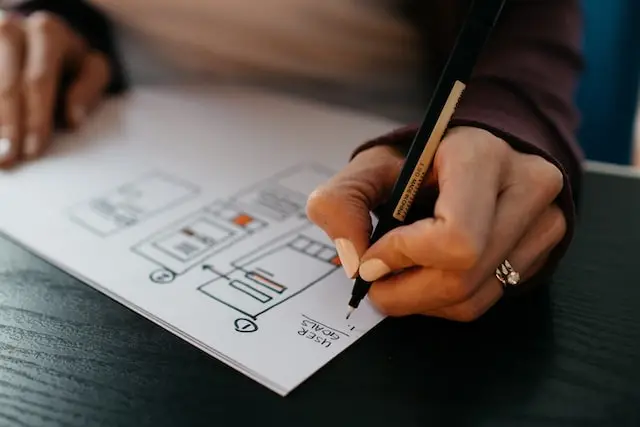How to Break the Curse of Being a Toxic Empath? – 9 Signs of Toxic Empathy
Toxic empathy is a situation where someone feels and absorbs the emotions of others to such an extent that it harms their own emotional health and well-being. This can happen when someone constantly prioritizes the emotions and needs of others over their own. This practice can lead to burnout, exhaustion, and even resentment towards others.
While empathy is generally considered a positive trait, toxic empathy occurs when it becomes overwhelming and leads to a sense of powerlessness and a lack of control over one’s own life. Toxic empathy increases the risk of depression and anxiety in the long term. Recognizing the signs of toxic empathy and prioritizing self-care to avoid negative mental and emotional health effects is thus important.
You might have seen people in your surroundings or might have observed some signs in yourself that, one way or the other, you are overly empathizing with people. You care for people by going out of the way but do not get much empathy in return. This toxic empathy can be draining.
9 Signs of a Toxic Empath
Here are the 9 signs of toxic empathy you should look for in yourself and how to protect yourself from toxic empathy:
1. Empathizing to the Point of Exhaustion:
A toxic empath always puts other people’s feelings above his own, which may leave him feeling emotionally drained.
Here are some questions to ask yourself if you think you might be showing toxic empathy.
- Are you always carrying the weight of others’ emotions on your shoulders?
- Do you find yourself constantly putting others’ needs before your own?
If the answers to these questions are yes, you might empathize to the point of exhaustion. If you empathize to the point of exhaustion, it’s vital to recharge and prioritize your emotional well-being. You can set boundaries with others, practice self-care, and seek support from a trusted friend.
2. Taking on Other People’s Emotions:
A toxic empath absorbs the emotions of others like a sponge, even if they are harmful. Keep in mind that no individual is responsible for the emotions of others, and it’s okay to distance oneself from those who consistently bring negative energy into one’s life.
Suppose you are feeling overwhelmed with emotions lately and have difficulty regulating and verbalizing your thoughts. In that case, you may indirectly feel too much of other people’s emotions. For this, limit your exposure to individuals who exhibit toxic emotional behavior, find healthy outlets for emotional release, and seek support from a mental health professional.

3. Feeling like a Victim:
Toxic empaths may sometimes feel like they are being manipulated or taken advantage of by others with toxic emotional behavior, while the culprit is not others but themselves. They provide a path for people to get into their heads, leading to feelings of victimization and powerlessness in the face of others’ emotional manipulation.
If you ever start feeling like a victim, just know you have agency and control over your life. It’s important to recognize these patterns and stand up for yourself. You are not a victim, and taking control of your emotional health is a decisive step toward a healthier life.
4. Struggling to Set Boundaries:
Do you find it difficult to say “no” to people, even if it compromises your well-being and mental health? Setting boundaries is crucial for maintaining healthy relationships, and it’s essential to communicate your needs and limitations clearly and respectfully.
Setting boundaries is not selfish, and taking care of your own emotional health is an essential part of being able to show up for others. Toxic Empaths fail to set boundaries and thus are constantly bombarded with emotional stimuli, leading to distress and panic.
5. Difficulty in Expressing Emotions:
A toxic empath constantly struggles to express his own emotions and is constantly caught up in the emotions of others. This can lead to a sense of emotional repression and a lack of emotional regulation, as one is constantly caught up in the emotions of others.
It can be challenging to find the right balance, but it’s important to make time for one’s own emotional processing and to communicate their feelings in a healthy way. Being attuned to the emotions of others does not mean that your own emotions are any less valid or important.
6. Overthinking and overanalyzing:
Toxic empaths are victims of overthinking and overanalyzing, and they tend to overthink situations and constantly analyze the behavior of others, looking for clues about their emotional state. While it’s important to be aware of one’s surroundings, it’s also essential to permit oneself to let go and trust their own intuition, taking a step back and focusing on one’s emotions and needs.
Feeling responsible for the emotions of others can have negative effects on mental and emotional health, such as a sense of overwhelm, anxiety, and a lack of control over one’s own life. It may also lead to difficulty forming healthy relationships, as one’s needs and emotions are consistently put on the back burner.
7. A constant need for validation:
Toxic Empaths rely on validation from others to feel good about themselves, making them vulnerable to the manipulation of toxic people.
It’s natural for people to seek validation and affirmation from others, but one should be aware that they are valuable and worthy, regardless of what others may say or think. Building a strong sense of self-worth and self-value can help reduce the need for external validation and allow one to prioritize themselves.
8. Fear of confrontation:
Toxic empaths avoid confrontation at all costs, even if it means letting others walk all over them. While conflict can be uncomfortable, standing up for yourself is crucial. A healthy relationship involves respectful communication and compromise, and everyone has the right to advocate for themselves.
A fear of confrontation can negatively affect mental and emotional health, such as anxiety, depression, and a sense of being trapped in unhealthy situations. Therefore, if you face this problem, remove it as soon as possible to that you don’t turn into a toxic empath.
9. Neglecting your own needs:
Do you put the needs of others before your own, leading to neglect of your own mental and emotional health? It’s essential to prioritize self-care and make time for your own needs, even if that means saying “no” to others sometimes.
Toxic empaths fail to remember that they can’t pour from an empty cup, and taking care of themselves is a crucial part of being able to show up for others.

How to Protect Yourself From Toxic Empathy:
Practicing empathy to the point that it becomes toxic for your being can be draining. Here are some ways you can protect yourself form getting indulged in toxic empathy:
1. Form a “protective shield” to filter emotions:
Visualize an imaginary shield around you that filters out negative emotions and only allows positive ones to enter. You can also create a mantra to say to yourself when you’re feeling overwhelmed, such as “I choose to feel only the positive emotions around me.”
2. Use innovative ways and technology to your advantage:
Some apps and tools can help you manage your emotions and set healthy boundaries. For example, you can use a mood tracker app to identify patterns in your emotions or set up an automatic response on your phone to let people know when you’re unavailable.
3. Develop your own self-care routine:
This could include anything from taking a yoga class, going for a walk in nature, or practicing mindfulness exercises. Find activities that help you feel centered and recharge your energy.
4. Learn to say “no” without guilt:
Setting boundaries and saying “no” can be challenging for many people with toxic empathy. However, it’s important to remember that prioritizing your own well-being is not selfish. Practice saying “no” without feeling guilty, and focus on communicating your needs and feelings compassionately and respectfully.
5. Seek professional help:
If toxic empathy significantly impacts your life, seeking the help of a mental health professional can be beneficial. They can guide how to manage your emotions, set boundaries, and help you develop coping strategies to protect yourself from toxic empathy.
Discover more ways for self-care here!
Final Words
Being an empath can be a wonderful trait, but if it turns toxic, it can be draining. Signs of a toxic empath include feeling drained, anxious, and overwhelmed by other people’s emotions. To deal with toxic empathy, it’s important to establish healthy boundaries with others, practice self-care techniques, and seek support from a therapist or support group if necessary. Remember, it’s okay to prioritize your mental and emotional health. This can help you be a better and more grounded empath in the long run.






